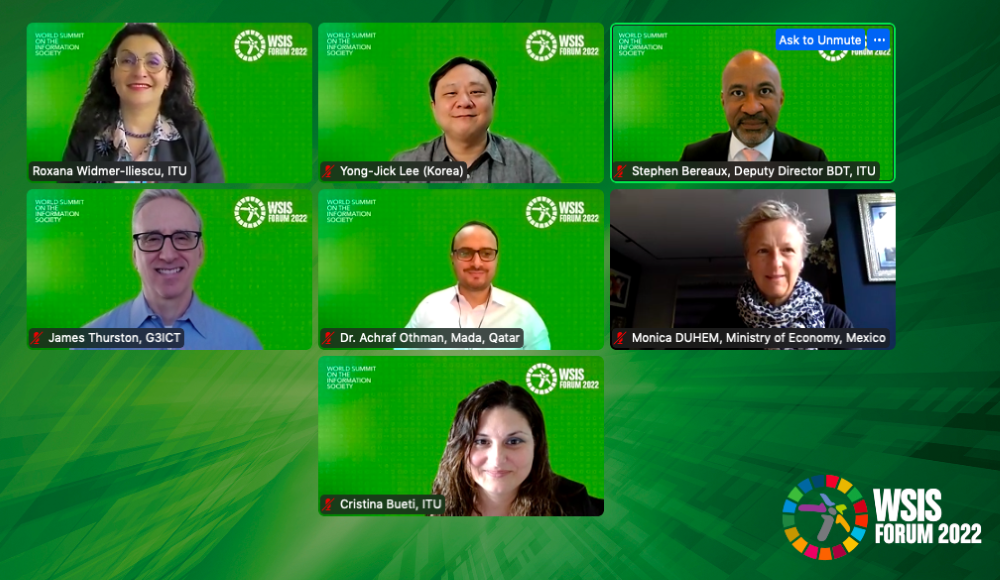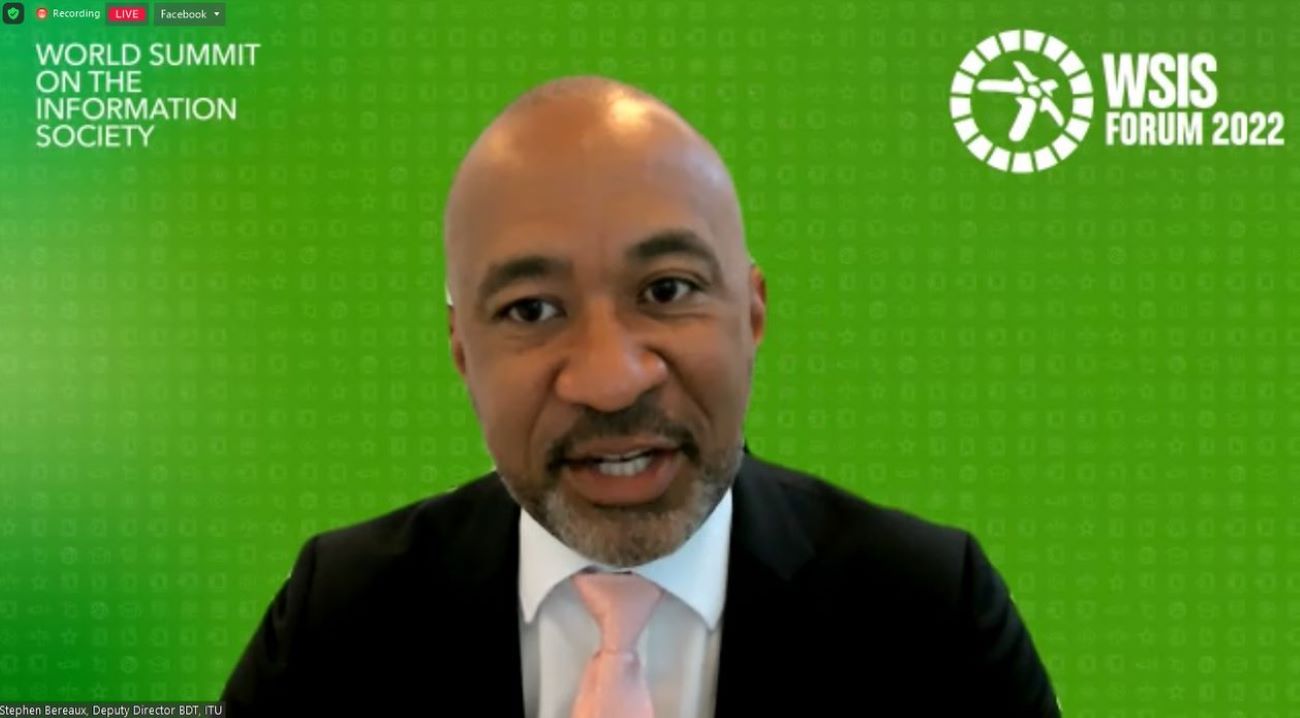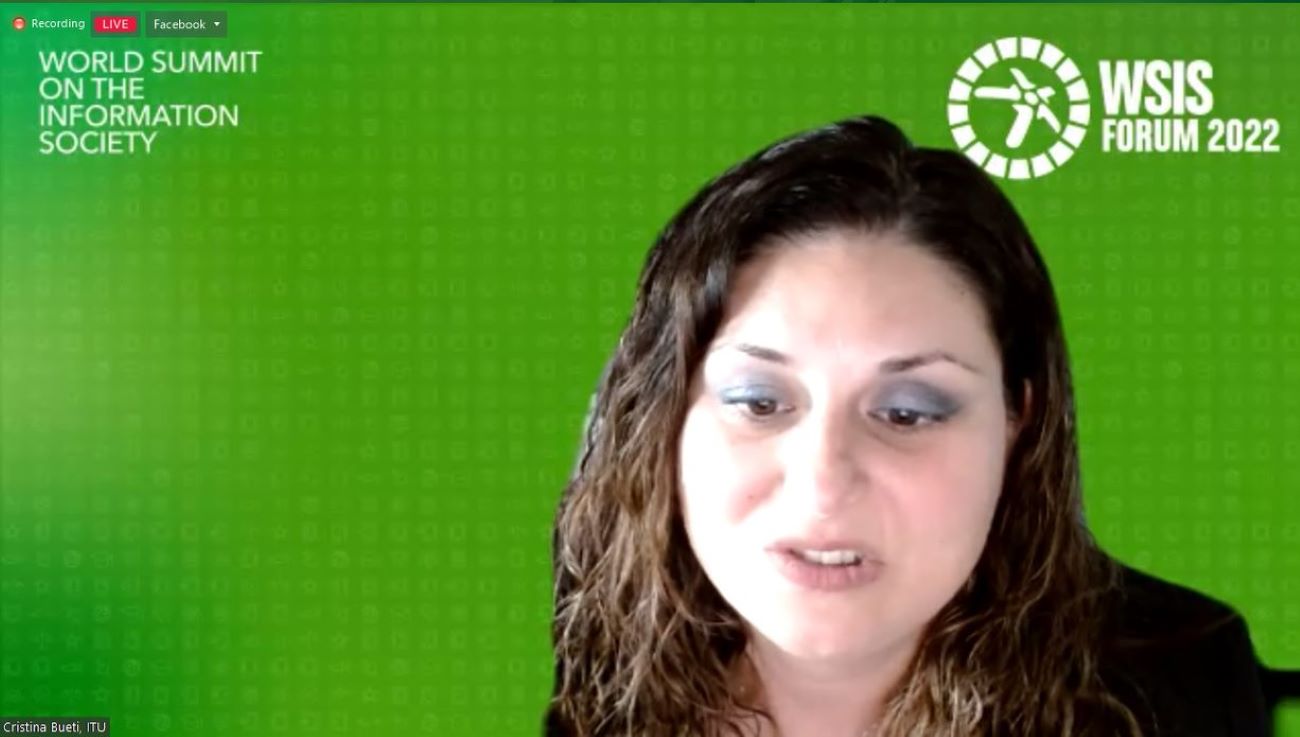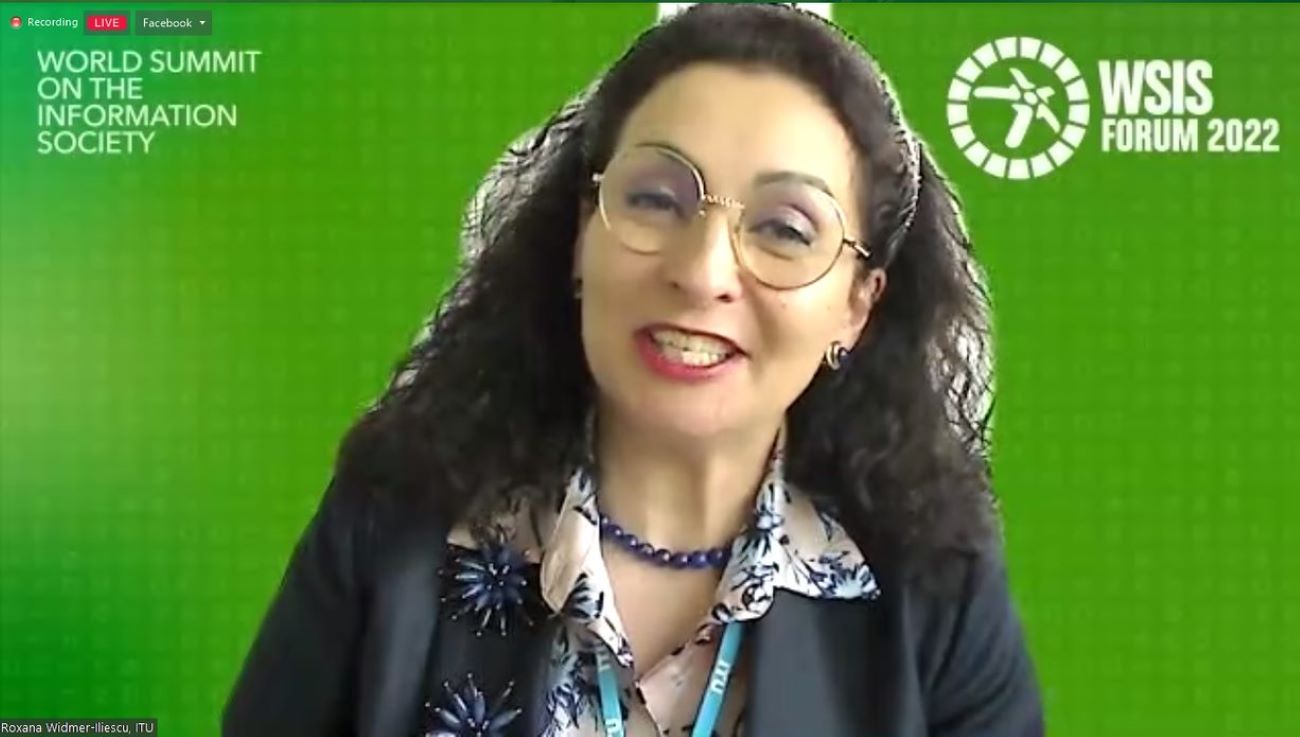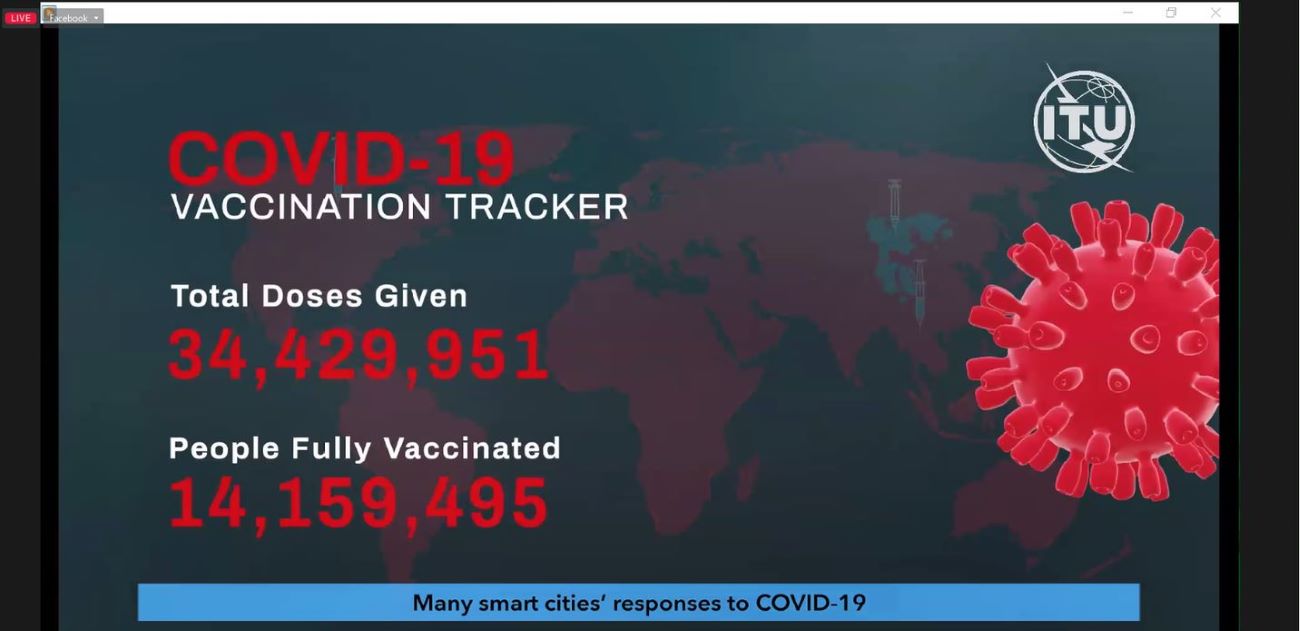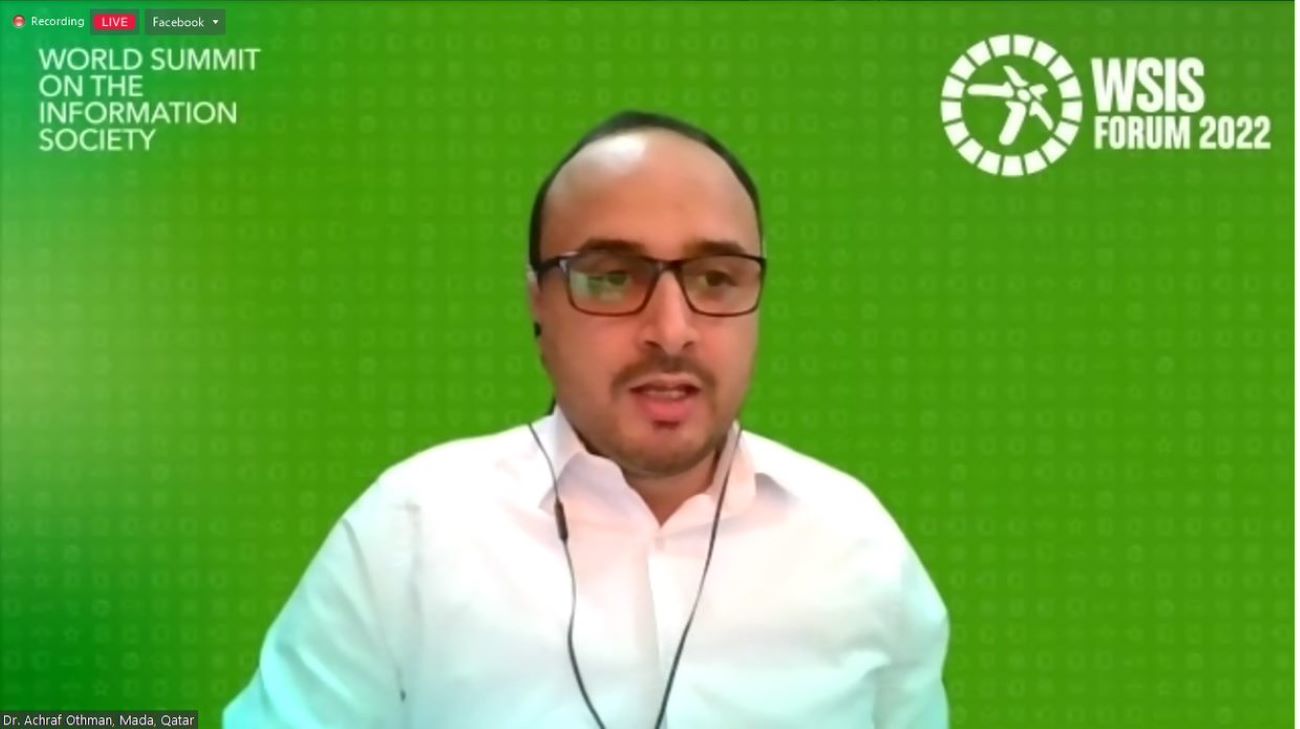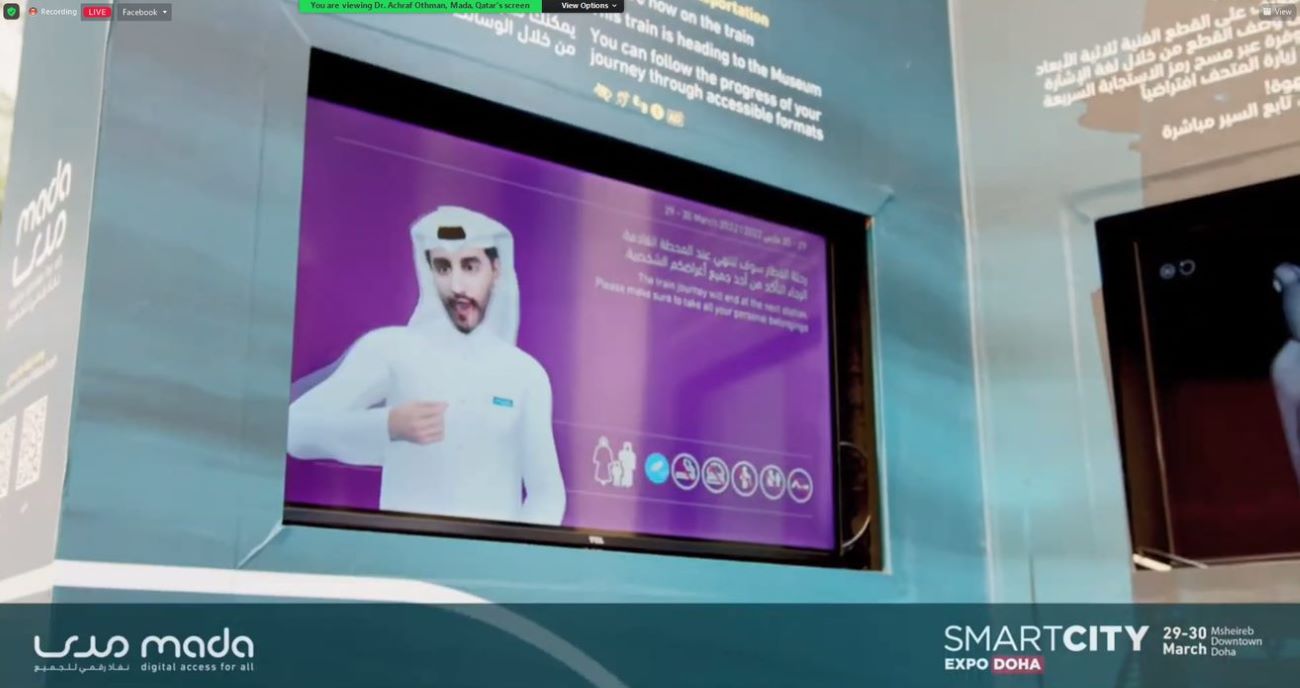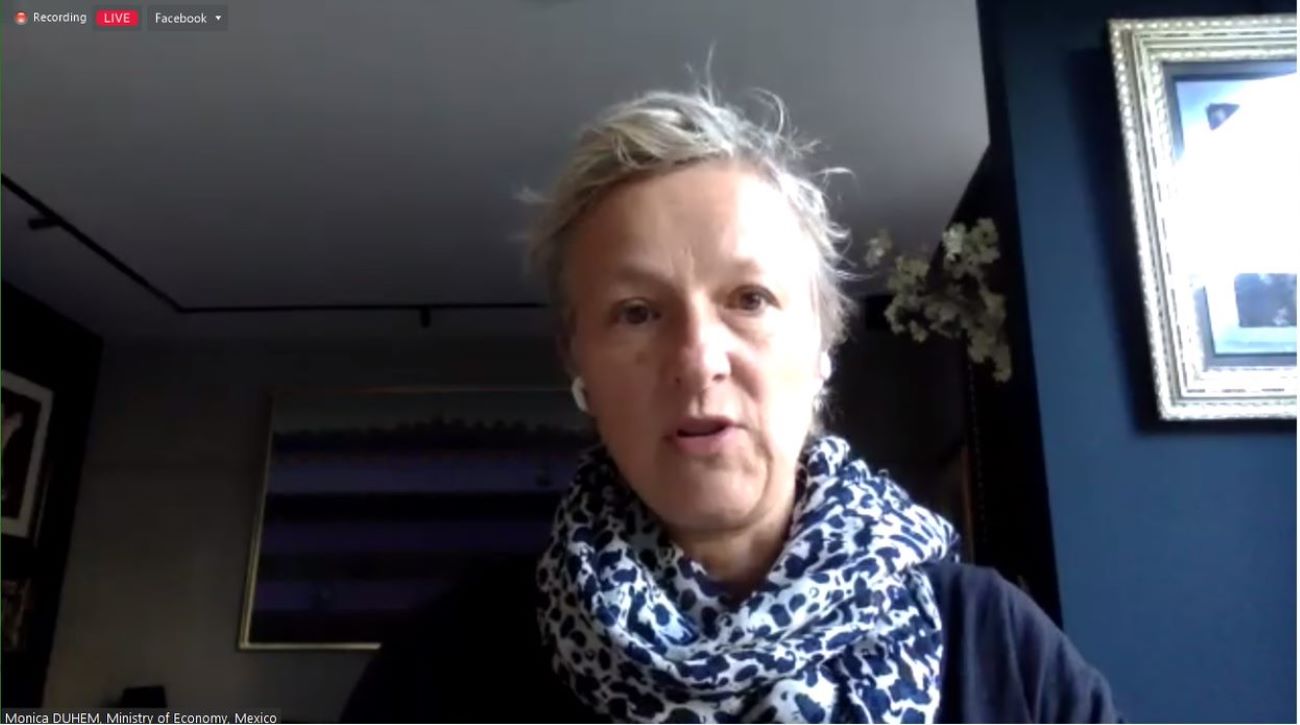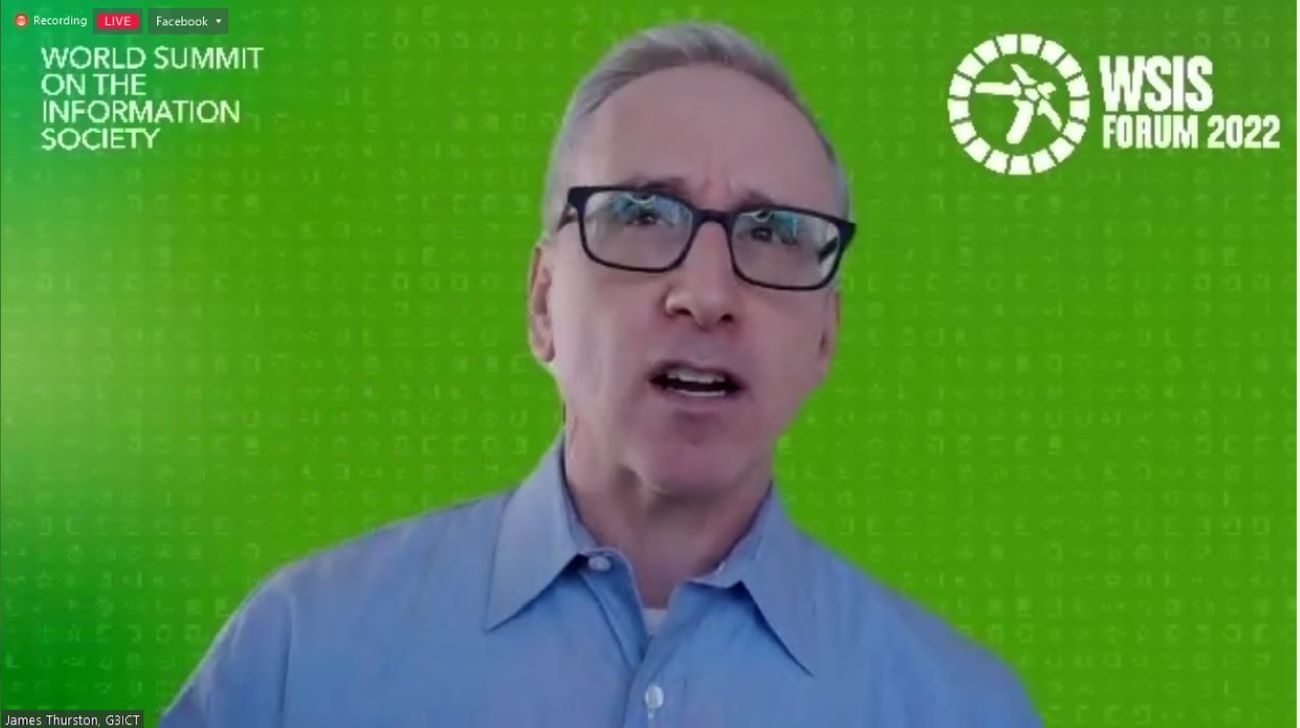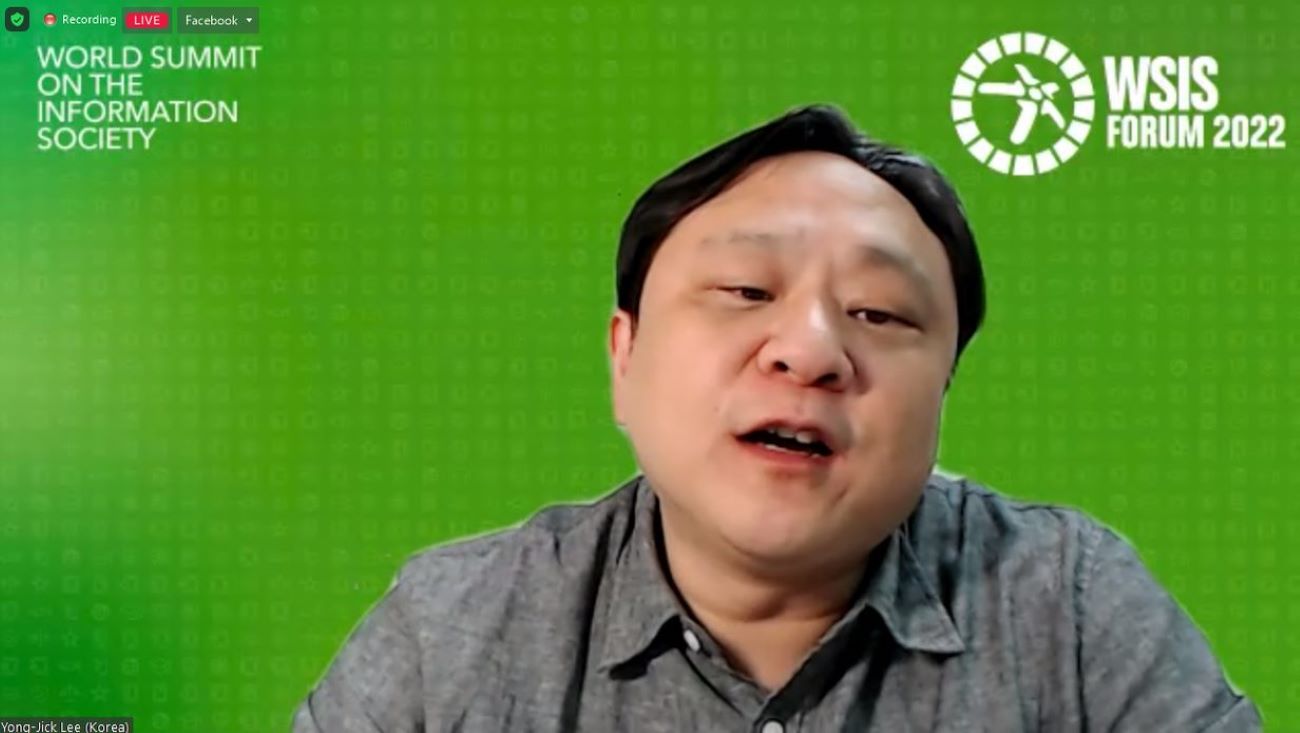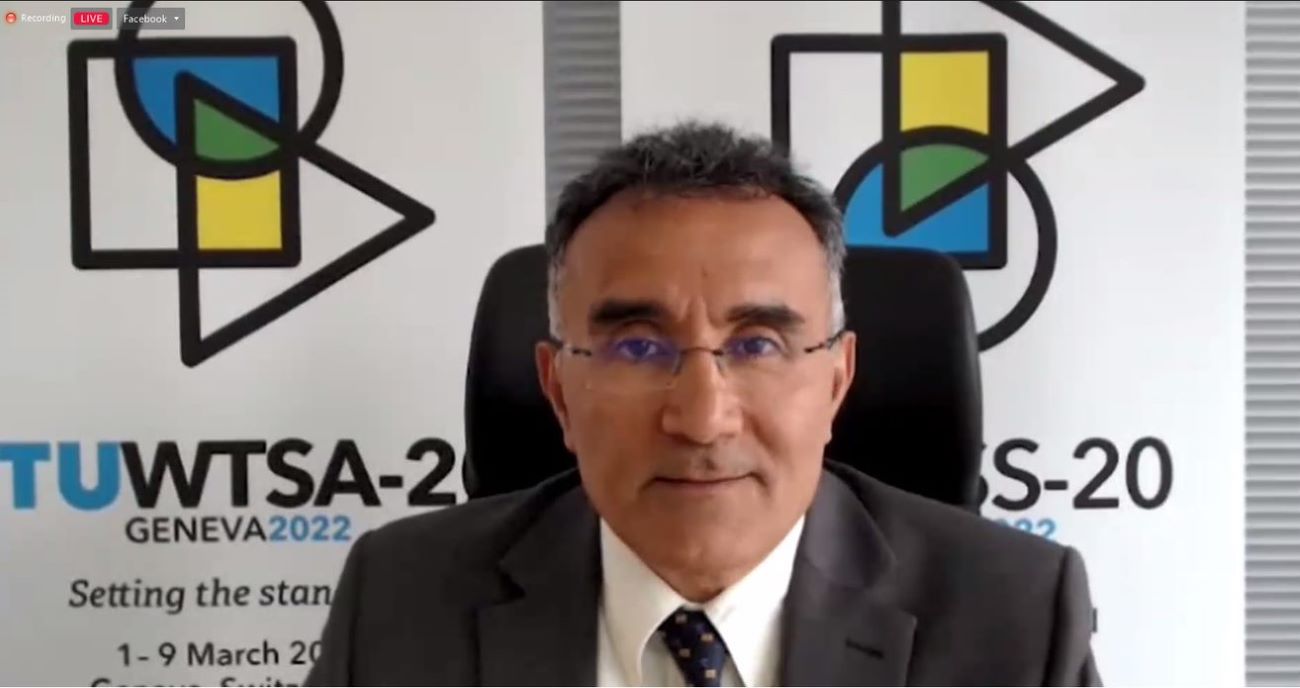Beyond smart cities = “Smart for all”
International Telecommunication Union
Session 180
Towards building inclusive and digitally accessible environments and communities to meet the needs of present and future generations
Cities, societies and communities are increasingly influenced by the evolution of technology. The term “smart” is frequently used to reflect technological progress. Additionally, the smart way to build our world is to ensure “Smart for all”. This means being digitally inclusive and accessible for all people and empowering everyone through Information and Communication Technologies (ICTs) regardless of their gender, age, ability, or context of use.
To successfully achieve this goal; smart cities, environments, and communities need to be designed and developed according to digital accessibility requirements and standards.
A universal design approach is commonly applied to physical environments. Nevertheless, the Universal design principles also need to be considered in all technological products and solutions to ensure that all potential end-users can interact within a smart city, environment, or community.
This session will focus on awareness-raising on the topic and present related tools and resources aiming at contributing to multi-stakeholders’ efforts when building inclusive smart sustainable and digitally accessible environments and communities.
In support of smart, sustainable and inclusive cities implementation, ITU will also launch the online, self-paced training Beyond smart cities equals “Smart for all” - Towards building inclusive and digitally accessible environments and communities to meet the needs of present and future generations. The training will provide key information and good practices to achieve understanding on the need to mainstream digital accessibility from the design stage of building smart cities, environments and communities to ensure that no one is left behind.
Programme
15:00 – 15:10 Opening Remarks
- Stephen Bereaux, Deputy Director, BDT, ITU
15:10 – 15:55 Session 1
Moderators:
- Roxana Widmer-Iliescu, Senior Coordinator, Digital Inclusion, ITU
- Cristina Bueti, Counsellor, ITU
Speakers:
- Achraf Othman, Head of ICT Access Research and Innovation Section, Mada Center, Qatar
- Monica Duhem Delgado, Head, Global Economic Intelligence Unit, Ministry of Economy, Mexico
- James Thurston, Vice-President, Global Strategy and Development, G3ICT
- Yong-Jick Lee, President, Center for Accessible ICT, Korea
Questions and Answers
15:55 – 16:00 Closing Remarks
- Bilel Jamoussi, Chief of Study Groups, TSB, ITU
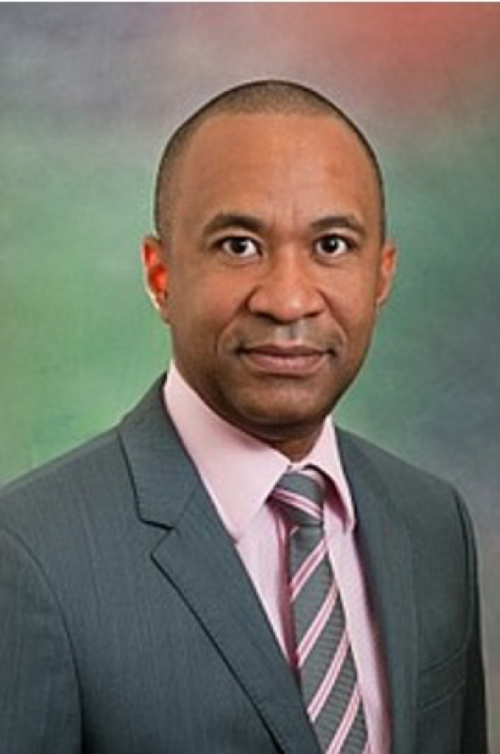
Stephen Bereaux is the Deputy to the Director of the ITU Telecommunication Development Bureau since 7 March 2020. Mr. Bereaux is an experienced regulator, with more than 20 years of executive and senior management experience in regulatory bodies in the Caribbean region. Prior to joining ITU, Mr Bereaux was Chief Executive Officer of the Utilities Regulation and Competition Authority (URCA), Bahamas which regulates the ICT and Electricity sectors, advises the Government on policies relating to those sectors, and represents The Bahamas at international sector related organisations such as the ITU. Prior to joining URCA in 2010, Mr. Bereaux served in senior management roles at the Telecommunications Authority of Trinidad and Tobago (TATT) from 2004. Before becoming a Regulator, Mr. Bereaux, an Attorney by profession since 1996, practiced law at multinational firms based in London and Hong Kong, specialising in Information Technology and Telecommunications Law.
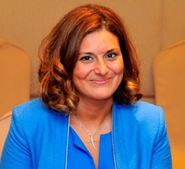
Cristina Bueti is the ITU Focal Point on Environment and Smart Sustainable Cities. She is also the Counsellor of ITU-T Study Group 20 “Internet of things (IoT) and smart cities and communities (SC&C)” at the International Telecommunication Union (ITU). She also serves as TSB/ITU focal point for Latin America. Cristina Bueti graduated from the Faculty of Political Science, Law and International Cooperation and Development of the University of Florence, where she completed postgraduate studies in International Cooperation and Telecommunications Law in Europe. She also holds a specialization in Environmental Law with a special focus on Telecommunications. In 2003, Ms. Bueti built on her academic credentials by completing a specialized course in peace keeping and international cooperation with special focus on telecommunications at the Faculty of Laws, University of Malta, before joining the International Telecommunication Union in Geneva in January 2004. As part of the International Women's Day 2016, she was named as one of the twenty Geneva-based inspirational women working to protect the environment. She has authored over 40 reports on telecommunication issues. A native Italian speaker, Cristina is also fluent in English, French and Spanish.
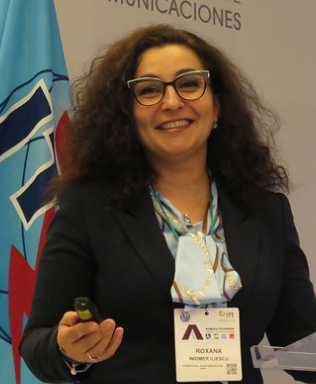
Roxana WIDMER-ILIESCU has been working for over 24 years in the Development Sector of the International Telecommunication Union (ITU) contributing through her work to achieving the overarching goal of Digital Inclusion, by promoting ALL people’s empowerment through the access to and use of ICTs, regardless of their age, gender, ability or location. In her capacity as Senior Coordinator for Digital Inclusion and as ITU-D Focal Point for ICT accessibility, she advises the ITU members and relevant stakeholders on developing inclusive ICT/digital accessibility policies and on implementing related strategies and programmes. She also leads the development of several key ITU-D resources, including trainings, toolkits and thematic reports aiming at contributing to the global efforts in building a digitally inclusive world and thus, ensuring that no one is left behind in the digital age.
.jpg?maxwidth=500)
Dr. Achraf Othman received the M.Sc. degree in computer science from University of Tunis, Tunisia, and the Ph.D. degree in computer science from the University of the Sfax, Tunisia, in 2017. He is currently working as the Head of Innovation and Research Section at Mada Center, Doha, Qatar, working on complex IT Industry challenges and innovative projects to enable and empower persons with disabilities and the Elderly using cutting-edge technologies and Artificial Intelligence (AI) in alignment with the Sustainable Development Goals (SDG).
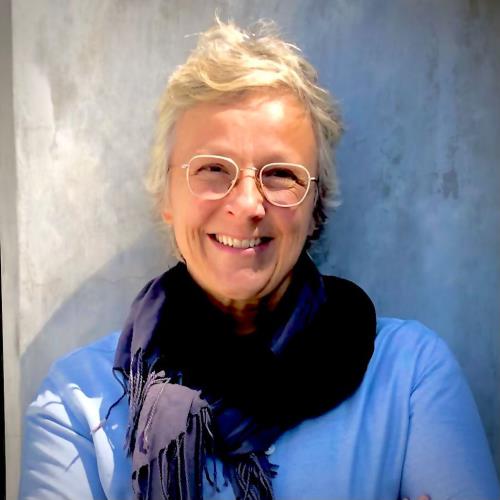
The Global Economic Intelligence Unit is responsible for attracting foreign investment to Mexico as well as promoting international commerce. Digital transformation of the small and medium firms is key to achieving the inclusion of Mexico in the global value chains. Prior to joining the Ministry, Ms. Duhem worked for over 10 years in areas of digital inclusion of vulnerable groups. Her areas of expertise encompass from digital transformation, to financial inclusion and digital accessibility with the clear goal of fostering economic and social development by reducing the digital divide.
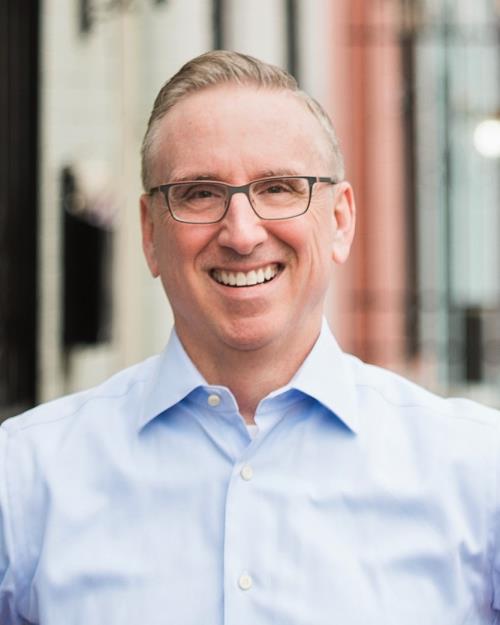
James Thurston is an international technology policy leader. As G3ict’s Vice President for Global Strategy and Development, he leads the design and implementation of new worldwide advocacy strategies and programs to scale up G3ict’s global impact. He has experience applying both technology and public policy to important social and economic challenges, ranging from promoting the inclusion and human rights of people with disabilities worldwide to using technology to increase the competitiveness of aging U.S. industrial centers. He has broad policy and management experience in both the private and public sectors and at the federal, state, and international levels of government.
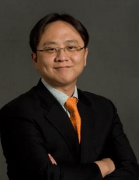
Dr. Yong Jick Lee is a president and an ICT accessibility researcher at Korea Center for Accessible ICT, a research center that concerns information and communication technology accessibility for persons with disabilities, persons with age-related disabilities and those with specific needs. The research center is conducting research on assistive technologies for persons with disabilities, and developing tools used in rehabilitation treatment areas including occupational therapy and speech therapy. Dr. Lee is also participating in developing ICT accessibility international and domestic standards through ITU-T, W3C, ASTAP(Asia-Pacific), and TTA(Korea). He played role as an editor in developing ITU-T Recommendations including Y.4204 Accessiblity requirements for Internet of Things applications and services, and Y.4211 Accessiblity requirements for smart public transport. He also participated in researching status of mobile accessiblity in Asia-Pacific regions thorugh APT ASTAP. Prior to joining Korea Center for Accessible ICT, he worked as a professor in Jungwon University and JEI University in Business Administration majoring Information Systems. He’s current research interest includes accessibility services in disaster management services, accessible IoT and smart cities, accessible mobile applications, etc.
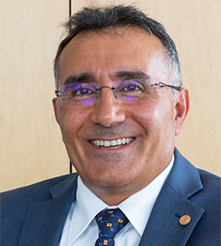
Tunisian born, Dr. Bilel Jamoussi is Chief of the Study Groups Department of ITU Standardization Bureau in Geneva Switzerland. Since 2010, he has been leading the bureau’s standards making activities into a new era characterized by rapid convergence and the need for increased collaboration with vertical sectors and partnership between developed and developing countries. Prior to 2010, Jamoussi worked for a Telecommunication equipment and solutions provider for 15 years in Canada and then in the United States where he held several leadership positions and was granted 22 US patents in diverse areas including packet, optical, wireless, and quality of service. He holds a BSc, MSc and PhD degrees in Computer Engineering from the Pennsylvania State University, USA. He is fluent in Arabic, French, and English and speaks some Spanish and German.
-
 C1. The role of governments and all stakeholders in the promotion of ICTs for development
C1. The role of governments and all stakeholders in the promotion of ICTs for development
-
 C3. Access to information and knowledge
C3. Access to information and knowledge
-
 C6. Enabling environment
C6. Enabling environment
-
 C7. ICT applications: benefits in all aspects of life — E-environment
C7. ICT applications: benefits in all aspects of life — E-environment
-
 Goal 10: Reduce inequality within and among countries
Goal 10: Reduce inequality within and among countries
-
 Goal 11: Make cities inclusive, safe, resilient and sustainable
Goal 11: Make cities inclusive, safe, resilient and sustainable
-
 Goal 17: Revitalize the global partnership for sustainable development
Goal 17: Revitalize the global partnership for sustainable development
